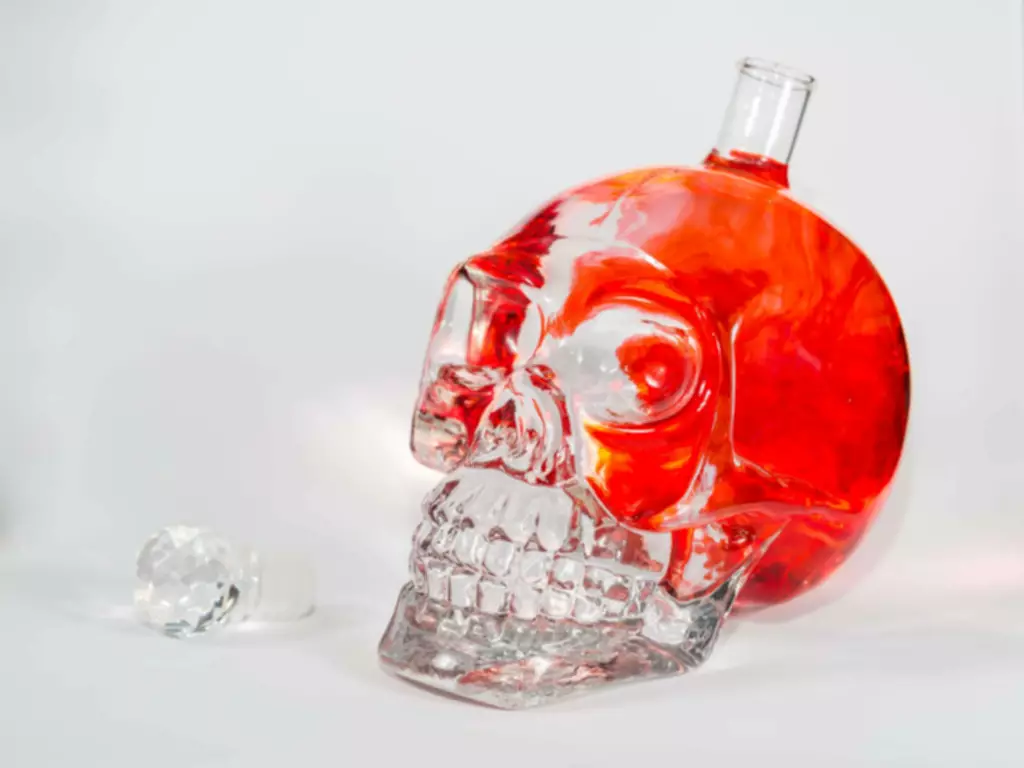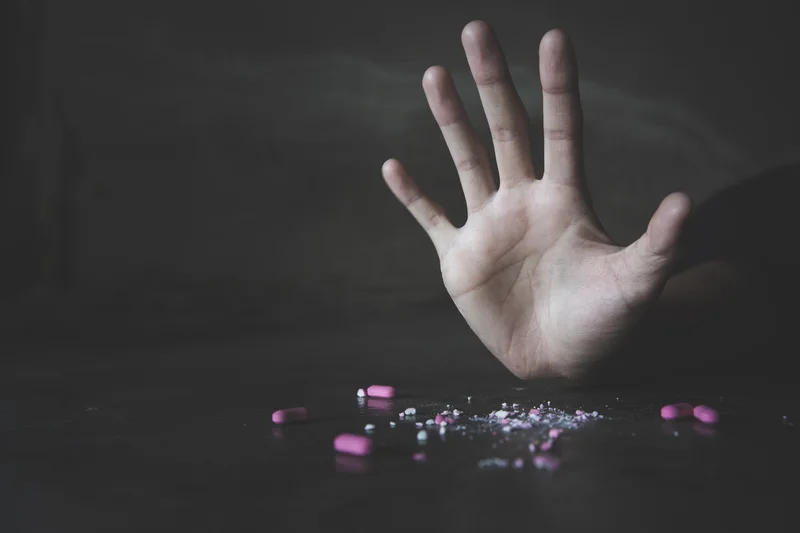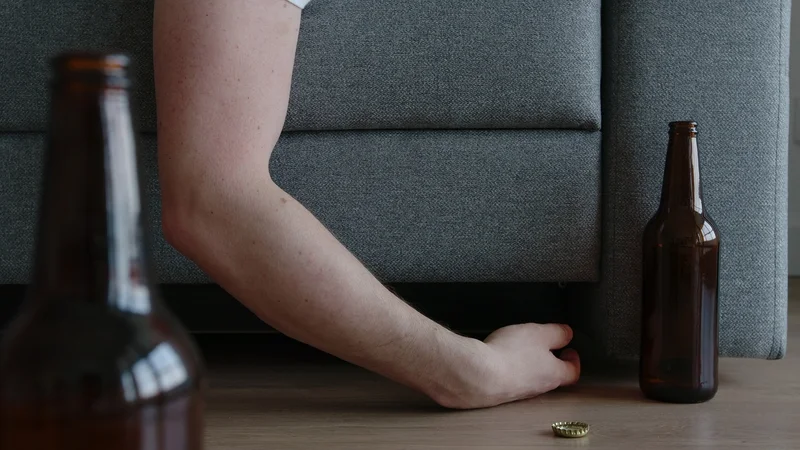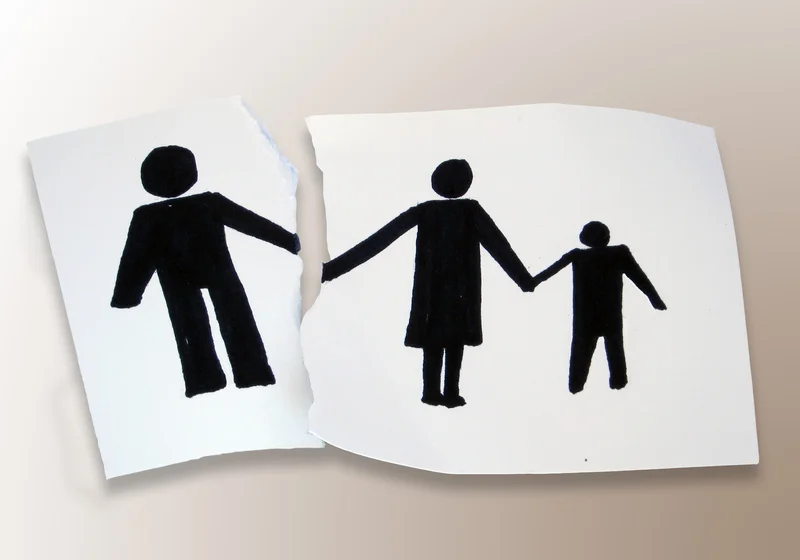
These cases highlight just how complex and individualized this condition can be. Auto Brewery Syndrome can affect people from all walks of life, and its underlying causes vary greatly from person to person. Auto Brewery Syndrome (ABS), also known as gut fermentation syndrome, is a rare medical condition that can make you feel intoxicated without touching a drop of alcohol. It’s an intriguing subject and sounds almost fantastical, but it is very real for those experiencing it. The feelings of warmth and social ease can quickly morph into something else as more alcohol enters the system. It’s crucial to recognize how quickly things can shift from blissful to blurry.
Sobriety or Low-Level Intoxication (BAC: 0.01–0.05%)
- It can lead to a decrease in inhibitions and an increase in risk-taking behaviors.
- Alcohol impairs your brain’s ability to make rational decisions and control behavior.
- You’ll learn about the different stages of drunkenness and what they feel like, as well as some tips on how to avoid getting drunk in the first place.
The foregoing disclaimers and limits on liability shall not restrict elsewhere in this disclaimer or the general disclaimers and limits on liability in any sections. Once consumed, alcohol must be fully metabolized by the liver over time. But using these tips can help mitigate the feelings of tipsiness more quickly.

Physical Signs of Alcoholism
Understanding your personal alcohol tolerance is key to responsible drinking. It’s important to recognize how alcohol affects you individually. Factors such as body weight, metabolism, and alcohol tolerance can influence how alcohol is processed in your body. It’s crucial to be aware of your own limits and to avoid exceeding them. Alcohol tolerance refers to the body’s ability to handle and metabolize alcohol.
What are the long-term psychological effects of frequent drinking?
While some may continue to feel what does feeling drunk feel like happy and carefree, others might experience sadness or aggression. This emotional variability is influenced by personal factors such as mood prior to drinking and individual tolerance levels. In the long term, alcohol can cause depression, anger, and anxiety. The brain becomes reliant on alcohol to regulate emotions, and without it, individuals may experience intense negative emotions. Alcoholics may struggle to process emotional responses from others, leading to social isolation and further dependence on alcohol. This can exacerbate existing mental health issues and impact overall well-being.

Contact us today to learn more about how we can help you or your loved one regain control and start the journey to recovery. Factors such as body weight, gender, genetics, and alcohol tolerance all play a role in how quickly someone becomes drunk. Drinking on an empty stomach or consuming alcohol rapidly can also lead to faster intoxication. When someone experiences alcohol poisoning, their body becomes overwhelmed by the amount of alcohol in their system. This condition can lead to severe health complications, including coma or death if left untreated. It’s critical to recognize the symptoms early and take immediate action.

What it feels like to be tipsy
Anyone who drinks heavily should know the health risks ahead of time— as well as how to get help for an alcohol problem. Getting drunk and losing control can be scary, but treatment is available. If you have questions or are ready to start your recovery journey, we’re here to help. Contact our skilled addiction and mental health professionals at Emerge Healing Center to learn more about our treatment and program options. Individual differences such as genetics, mental health, and tolerance levels can significantly influence how alcohol affects a person.
Key Takeaways: What It Feels Like to Be Drunk
Ethanol, a very tiny molecule, causes that feeling of being drunk. It is colorless, clear, and produced through the process of fermentation. But how can this small thing cause such a profound effect on our bodies? Despite how many people drink, very few know the specifics of what happens to the brain while drunk. alcoholism symptoms Alcohol might seem like a friendly social lubricant, but it’s a sneaky one, quietly infiltrating our brain and bodily systems.
- If you or someone you know is struggling with alcohol addiction, it is important to reach out to healthcare professionals or support groups for guidance and assistance.
- The severity of hangovers varies widely among individuals based on factors like hydration levels and overall health prior to drinking.
- Alcohol tolerance refers to the body’s ability to handle and metabolize alcohol.
- The information we provide is not intended to be a substitute for professional medical advice, diagnosis or treatment.
- By tapping into our imagination, we can mimic the feelings of intoxication without consuming alcohol.
This article delves into the physical sensations of being drunk, including common symptoms like dizziness, nausea, and impaired coordination. We will also explore how alcohol affects motor skills and balance, and the role it plays in causing dehydration and its physical effects. Feeling drunk without drinking is typical in a medical condition called auto-brewery syndrome. Besides, you may also experience this drunken feeling if you lack sleep, suffer from sleep drunkenness, or are dehydrated. Sometimes, inner ear infections and low blood sugar may also cause this feeling.
Levels of Alcohol Tolerance
You might recognize some of these “types of drunks” in yourself or your friends. As a result, alcohol leads us to say and do things we wouldn’t under normal circumstances. When drinking alcohol, you might spill secrets, become sexually promiscuous, or become more aggressive than you normally would. Emotionally, individuals may experience mood swings, increased impulsivity, and a decreased ability to control their emotions. Alcohol’s effect on emotions and behavior can be unpredictable, varying from person to person.
In severe cases, alcohol poisoning can result in brain damage or death. At this stage, many people enjoy the social and relaxed feelings alcohol brings. It’s easy to underestimate the effects because they feel mild, but your brain and body are already being affected. Immediate medical attention is imperative in the lead-up to this last stage of drunkenness to prevent death from alcohol poisoning and/or other fatal symptoms. Indeed, at a BAC of .45 or above, you are probably going to die from alcohol poisoning. These facts about the stages of drunkenness are, therefore, a sobering antidote to the notion that “getting drunk” is a harmless form of social entertainment.




